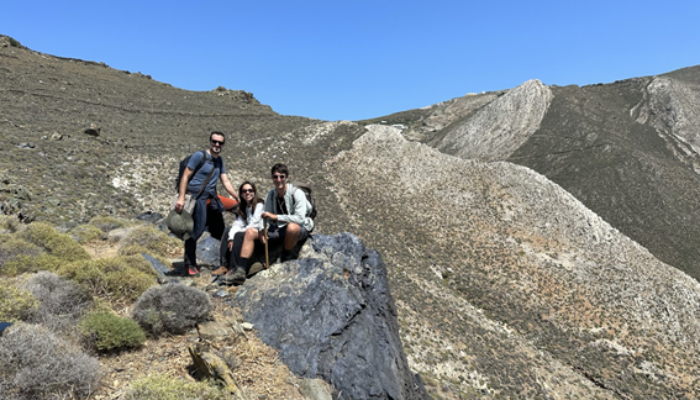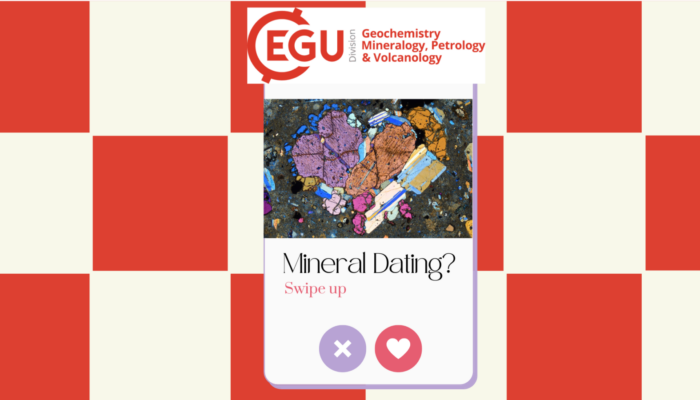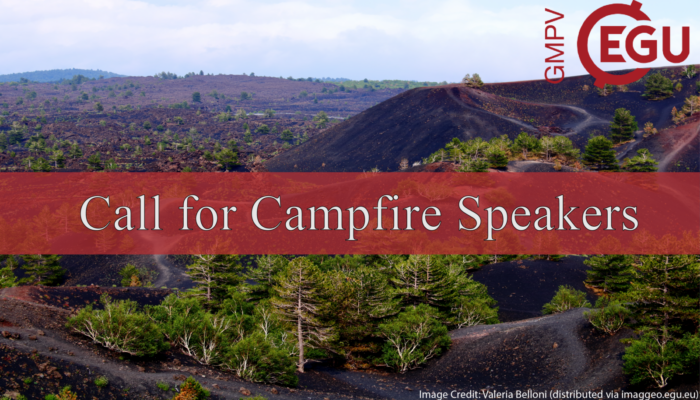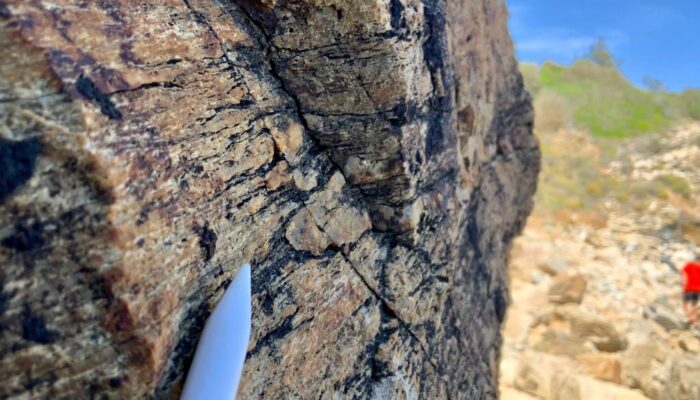When it comes to dating profiles, minerals can put up a really good face at first. But, as some of the users in dating apps out there, they might not be worthy of a second try, or maybe not even of a first depending on what your intentions are… To help out, we will tackle some of the main minerals used in geochronology, as if they were featured on online dating apps, plus some ‘red flags’ from pre ...[Read More]
GMPV Campfires – Call for Speakers
GMPV Campfires – Call for Speakers The EGU Geochemistry, Mineralogy, Petrology and Volcanology ECS committee are currently looking for early career scientists to present at and attend our monthly online talk series (EGU Campfires). The EGU Campfires are a free one-hour online seminar consisting of three to four 10-12-minute talks. These quick-fire presentations give you an opportunit ...[Read More]
How can fossil Geothermal System enhance Present Exploration?
Geothermal resource development faces a major obstacle: the expensive exploration process. Unsuccessful drilled wells can discourage interest and disrupt economic plans. Understanding the relationship between geologic structures and geothermal fluid flow is critical to successful exploration. Various methods, such as geochemistry, geophysics, structural analysis and modeling, aim to create a relia ...[Read More]
Geological TrIPS: The amazing fragments of oceanic crust treasured on the Greek island of Syros

Geologists are often fascinated by the processes (and their products) taking place at the sea. Perhaps the fact that we do not have easy access to most of these processes is what puzzles us as geoscientists. Subduction can be considered as one of these “mysterious” processes for which several mechanisms remain to be better understood. Fortunately, subduction zones can be studied through their anci ...[Read More]



